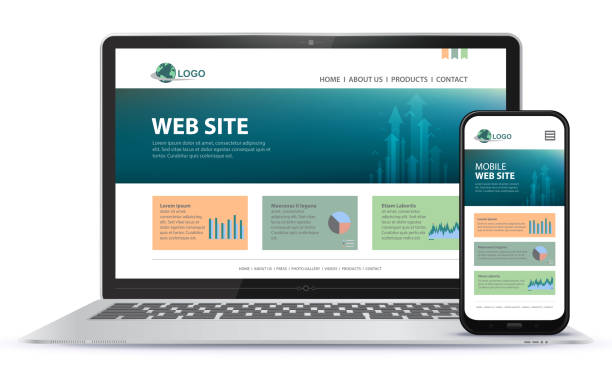
No single aspect of marketing is more important than a quality website, your organization’s front door. A “good” website isn’t good enough to break through and to convert users into engaged customers and brand ambassadors. What you really need is a great website.
Thousands of pre-made templates and themes make creating a website easy—if all you want is a simple, off the shelf website that looks professional enough to give business a basic start. But to differentiate in today’s competitive landscape, you need a website as unique as you are.
So, what makes a great website?
- Well Designed and Functional
Your site reflects your company, your products, your services and ultimately your brand. So it’s important to be visually appealing, polished and professional. Allow white space, uncluttered layouts with quality photographs and graphics look and let your message shine through.
Equally important, the site must work quickly, correctly and as expected. Build to web standards, proofread rigorously and test regularly for problems with speed or functionality. Every page should always be fast and functional, because any of them could be a potential customer’s first or only impression. Broken, slow, or poorly constructed areas will leave your visitors frustrated and encourage them to leave.
- Easy to Use
Site visitors are always in a hurry. Don’t make them work for information. User Experience (UX) plays a key role in helping visitors use, understand and stay on your website. Create obvious, logical navigation with clear hierarchy. Use consistent layouts and visual cues for functionality across the site.
Your site should satisfy both ‘searchers’—coming for something specific, and ‘browsers’—just looking. Help users accomplish their tasks quickly with onsite search, and keep them engaged by suggesting related content and minimizing dead ends.
- Optimized for Mobile
Today there are no excuses, your site must look great and work well on any platform. The growth of mobile and tablet devices is not slowing down and you just don’t know what your next visitor will be using. Optimizing for mobile will improve both the experience of your visitors and your SEO Rankings. - Fresh, Quality Content
Be succinct, interesting and new. Use language that makes sense to your audience—avoid jargon, corporate speak and acronyms. Explain your “Why.” Visitors have short attention spans: spell correctly, be accurate, be relevant and update regularly. Blogs and social media updates are great ways to add fresh content, which keeps visitors returning and helps SEO strategy. Yes, keeping things fresh requires a bit of investment. No, you can’t do without it. - Readily accessible contact and location
Your audience won’t chase you down. Make it easy to engage, offer multiple points of contact: phone, email, social media and maybe an easy-to-use contact form. A Google map is a bonus. Above all, ensure that this information is readily available on an easy-to-find contact page—if not every page of your site. - Clear calls to action
If your site asks nothing of visitors, they will surely do nothing. What is the purpose of your site? Is that purpose clear to visitors? Even informational sites want visitors to read and share articles, follow the company on social media, download toolkits, join mailing lists or learn more about the organization. Include an ask on each page. - Optimized for Search and the Social Web
It’s not enough to build a nice looking website that’s easy to use. It needs to earn traffic. Otherwise, all that effort in design, UX and content development will be for naught. There are hundreds of rules and guidelines for effective search engine optimization, so here are a few to start with:
Use page titles and meta tags on every page and alt tags on every image.
Optimize content on your site to align with words real people search for.
Use keywords appropriately in content and links.
Use Cascading Style Sheets for layout and keep your HTML code clutter-free.
Make it as easy as possible for visitors to share your content. Social can drive large volumes of traffic and positively impact your search ranking. Don’t forget obvious sharing links (even if they are rarely used in actuality).
This is a high-level overview of seven deep topics! These basic tenets will help you start getting more value out of your web presence as you move toward the great website you need. For a deeper dive, contact us.